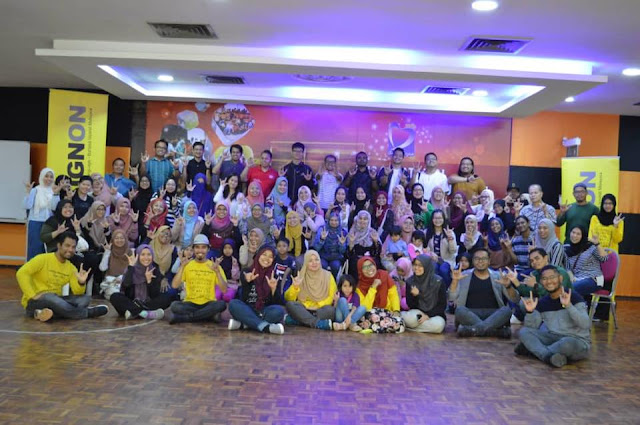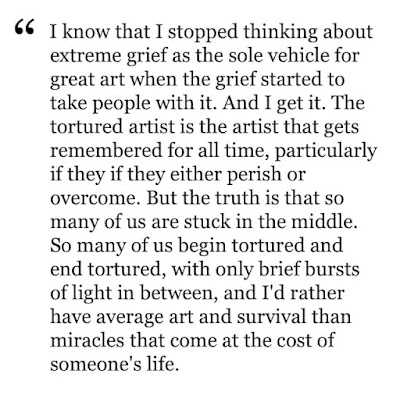Class Review: SIGNON! - Learn Malaysian Sign Language!
In Malaysia, there is an initiative called #SIGNON to promote Bahasa Isyarat Malaysia (BIM) or Malaysian Sign Language (MSL). I've been meaning to join one of their BIM introduction classes which they have monthly for free, but I could never find the time to go/I was worried to go alone.
In an effort to be start learning MSL, I decided to invite some friends (which I was too shy to do before), and a few of ended joined me on the first SIGN ON session for 2020!
In an effort to be start learning MSL, I decided to invite some friends (which I was too shy to do before), and a few of ended joined me on the first SIGN ON session for 2020!
Sign Language System(s) in Malaysia

Languages are fascinating to learn and learn about, and for the longest time, I have been curious about the language of the Deaf communities around the world. Unfortunately, I do not have any close friends who use sign language - my only deaf peer is a childhood friend whom I have not been in contact with for a while (and even then, we communicated through txting).
Each country has its own sign language system (and even within different communities there might be differences, much like spoken languages). However, in Malaysia, I learnt that there are essentially 2 types of signing systems - BIM, and Kod Tangan Bahasa Melayu (KTMB)). The former is a language used colloquially while the latter, also known as Manually Coded Malay, is a coding system used in formal educational context (e.g. it has grammatical rules to form sentence structure), but it is not a language, but rather a coded version of Malay.
According to the founder of SIGN ON, the conversational BIM is the official language of the Deaf community, but both BIM and KTMB are used by the Malaysian Deaf community. That said, SIGN ON focuses on BIM because that is what the founder and many deaf Malaysian are familiar with using.
(Will learn more about the differences and perhaps share what I find on another day!)
Anyhow, let's get to what my friends and I learnt that day!
SIGN ON!

After we had our breakfast at the venue (provided for free!), we learnt the following:
- Basic greetings, e.g. Hello, How are you?, Thank you
- (Roman) Alphabets, i.e. a-z
- Numbers, 1-10, multiples of 10, 100, 1000, 1000,000
- Introducing yourself, e.g. My name is..., I'm from [city]..., I am ... year sold
- Simple conversational words, e.g. family members, occupation, time of day
- Questions, e.g. How, When, Were
- Other stuff, e.g. Yes/no, Correct, Wrong, Remember, Forget
In the first part of the session, we sat in our groups and either practiced among each other or the facilitators would call on us randomly to present to the rest of the participants. I was so nervous!, but it was really enlightening too. Getting immediate feedback helps with my learning process, and the facilitators were very kind and helpful.
In the second part of the session, we were reassigned into different random groups and were asked to introduce ourselves - our name, where we were from, how old we were, how many siblings we have (or how many brothers/sisters we have), whether or not we were married, and whatever else we'd like to add. After signing to our groupmates, each table was asked to send a rep to the front of the hall to introduce themselves. Some of the facilitators/participants were quite cheeky and asked funny questions, but it was all in good fun, and I also appreciated the recap of everything we had learnt in the 3-hour workshop.
At the end of the session, the closing was done by the SIGN ON founder and we took a group photo.
Overall, I think it was a great introduction to MSL, especially with the help of enthusiastic facilitators, and I really hope more people attend this programme, which they have free every month.
You can find more updates about SIGN ON via their Facebook:
- Main page: facebook.com/MalaysianSignLanguage
- MSL discussion group: facebook.com/groups/malaysiansignlanguage
Expenses
Total expenses here, excluding transport to go and back: RM 0
Last Updated: 2023-01-30



Comments
Post a Comment